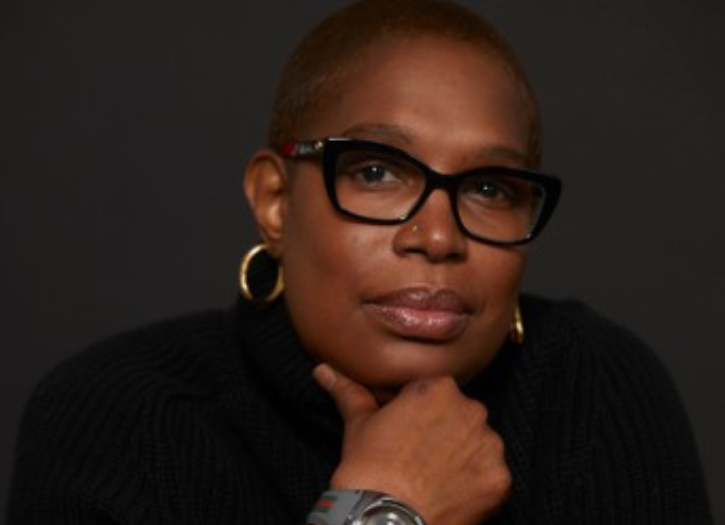Pia Johnson is the owner and founder of Transformation Counseling Services as well as a Licensed Master Social Worker with a concentration in clinical social work. Pia brings many years of public service and nonprofit experience from a variety of clinical settings. She has worked with individuals diagnosed with serious and persistent mental illness, substance use disorders, LGBTQ populations, depression, anxiety couples, and individuals with chronic medical illness for 20 years. Her goal is to empower clients to improve their overall well-being and seek healthier balance in their lives.
Who is Pia outside of your bio?
Outside of my bio, I am a musician, producer, songwriter, and amateur documentary filmmaker. I love the arts and have always used them as a positive outlet in my life. I am also an avid watcher of old Shaw Brother’s kung fu movies.
What motivates you daily?
What motivates me and keeps me going is being invited into the experience of seeing people grow and be excited to embark on their personal journey of growth and healing. It’s inspiring and motivating for me to see people heal from emotional, psychological, spiritual, or personal pain. To arouse hope when people feel hopeless and to provide encouragement and tools for them to reach their fullest potential.
What would you say to someone looking to start therapy but having second thoughts?
If the thought of starting therapy seems overwhelming to you, you’re not alone. A lot of people put off seeking treatment for various reasons, however, procrastinating often allows the issues to escalate and if you wait until things get out of control, it usually becomes harder to address those issues.
Some things that help move the needle and reframe thoughts and alleviate anxiety regarding starting therapy are.
To acknowledge what may be holding you back. For some, it may be the fear of being stigmatized. Also, the thought of doing the research and scheduling the first appointment can be daunting. If transportation, access, or motivation is a barrier, online therapy may be best for you. Whatever the obstacle, it is important to be honest with yourself and address it.
If you have medical insurance check with your carrier to verify coverage and get a list of therapists that accept your insurance. Also, there are many mental health databases such as Therapy for Black Girls and Therapy for Black Men where you can also search for a provider. But doing the research and coming up with a list is very helpful.
Once you’ve identified a few potential therapists, write down questions to ask when you interview them. Some good questions are, what experience do they have working with your issue or community, how does a typical session with them work, what is their rate, do they offer a sliding scale rate, and what is there available?
And finally, understand that you are in control of your treatment. If you find a therapist and it doesn’t feel like a good fit, it’s okay to discontinue working with them and find another therapist. The most important person in this equation is you so it’s imperative that you find someone to work with that meets your needs.
What do you hope our readers gain from this interview?
I hope people understand that for those individuals who are nervous and skeptical about starting therapy, it is completely normal, and they are not alone. Starting therapy or even switching therapists can be scary. But addressing emotional issues can improve your quality of life. Therapy is effective even if the thought of it stirs up some anxiety and fear. Take your time and interview as many therapists as you need to as you decide what and who works for you. Gaining an understanding of the steps to find a therapist and what to expect in therapy can help to reduce your anxiety and fears.
What are you looking forward to most in 2023?
One of the biggest things that I look forward to in 2023 is the continued push for equity and access to mental health services for disenfranchised and underserved individuals.
I am also optimistic about continued education into understanding how racism contributes to unequal access to resources and services, including mental health care. As the owner of a group practice, I am personally looking forward to continuing to provide affordable therapy, address cultural stigmas, and provide equal access to mental health services and education to Black, Indigenous, People of color (BIPOC) and the LGBTQ+ community to have access to culturally sensitive and inclusive services.
Photo Credits: Pia Johnson







Add Comment
You must be logged in to post a comment.